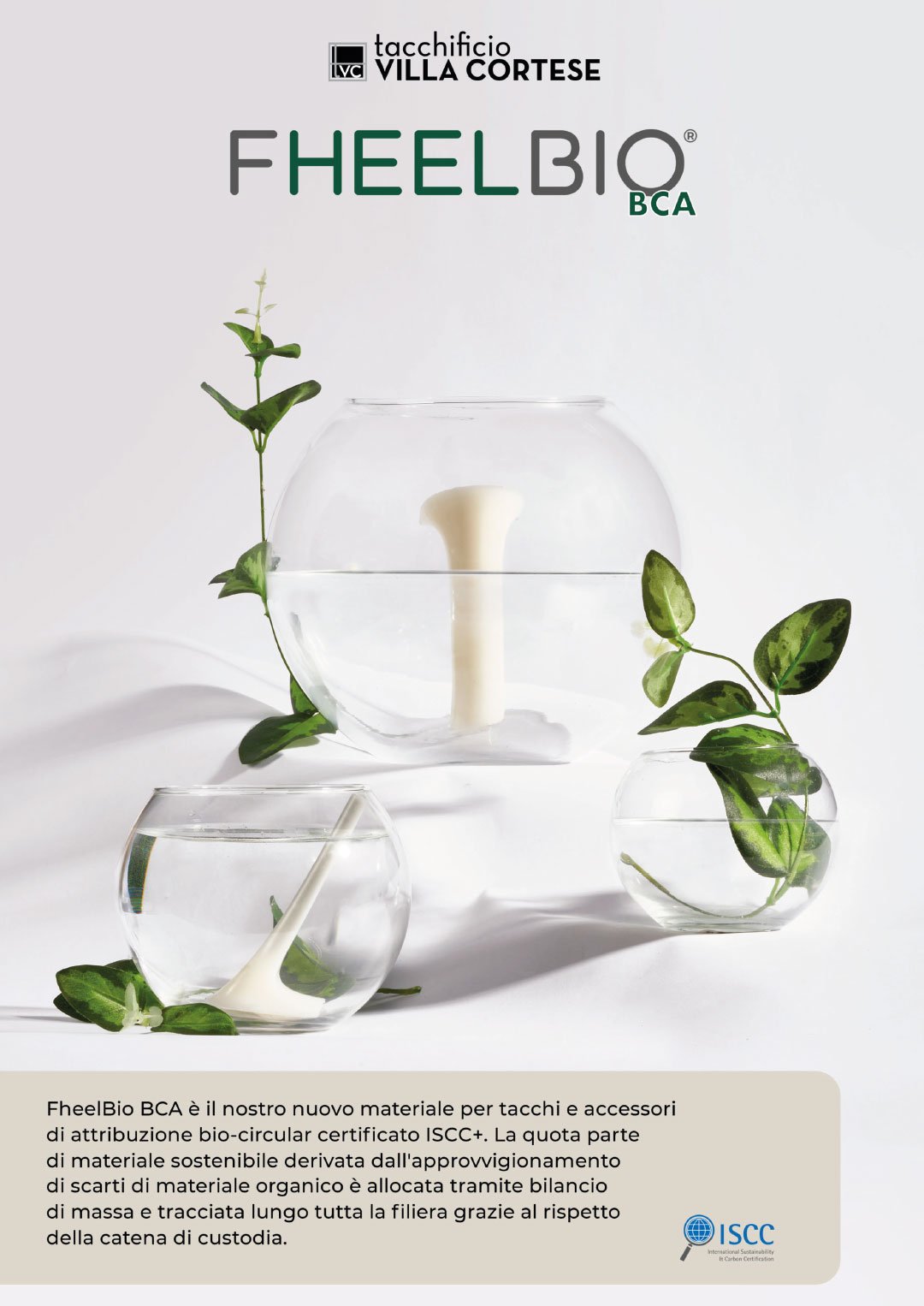According to Tacchificio Villa Cortese, one of the main producers of all-Italian components for footwear, sustainability is a philosophy that embraces the entire structure and translates into a development strategy
Becoming an increasingly sustainable company, generating lasting positive value on society and the environment. Tacchificio Villa Cortese, a historic company headquartered in the Parabiago district, has always been committed to pursuing sustainability in all its areas – environmental, social, economic – with determination and a long-term vision, essential to obtaining satisfactory results. In the current economic and climate situation, the fashion world cannot fail to show attention to what is now a priority – sustainability – and TVC is playing a key role in this regard: quality products, designed and created to last over time; a traceable and entirely made-in-Italy supply chain; low impact and low waste production, thanks also to preventive optimization tools that allow preliminary engineering of the product in a digital environment; production process powered by geothermal systems and photovoltaic panels which meets approximately 70% of the company energy needs; packaging which minimizes waste. All of this lay the foundations to the start a brand-new cycle. The company is now engaged in the research and development of polymers derived from biological sources. Hence the FheelBio BCATM (Bio Circular Attributed) line was born, a new brand that replaces part of the fossil raw material with sustainable materials of bio-circular attributed, coming from organic waste derived from domestic-industrial networks. It is currently the alternative boasting lower environmental impact indicators in terms of carbon to traditional ABS, compared to which it uses the same types of production and does not feature significant differences regarding process costs.
The sustainability of the raw material with which FheelBio BCATM heels are made is proven by the ISCC Plus certification which guarantees the level of sustainability through the mass balance scheme. A chain of custody model (i.e. a scheme that preserves/certifies the chronological trace of the material) which allows tracing the quantity and sustainability characteristics of the circular and/or biobased content in the value chain and attributing it on the basis of verifiable accounting sheets. Practically, the mass balance system aims to accelerate the use of renewable raw materials in chemical processes: their use in existing production plants and supply chains gradually allows the contribution of fossil fuels to be reduced because demand and supply of renewable materials is growing along the entire value chain.
The material chosen by TVC has 65% of the mass attributed to it being biocircular, but it is expected to reach 100%. A green goal that goes hand in hand with a highly performing product. Like its “predecessor” FheelGreen, introduced four years ago, FheelBio BCATM is in fact a sustainable choice that has no performance compromises and can be used for the creation of all types of heels.
Now the biggest challenge is to explore the potential of artificial intelligence to create aesthetically appealing and innovative products, both from the point of view of design and materials.

